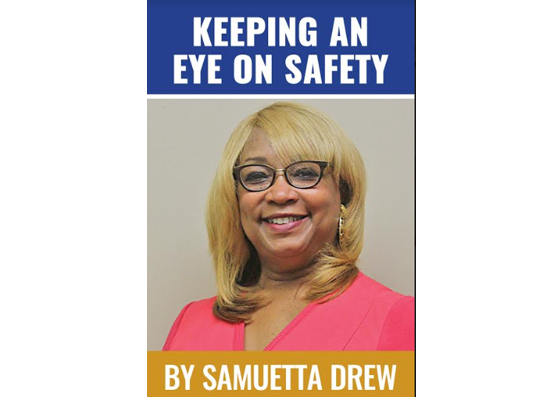By Samuetta Hill Drew
Since the inception of this series on bullying, we’ve spent time addressing how to recognize if your child is the victim of bullying by a student or an adult, how to approach the subject with your child along with ways to help your child combat this issue while maintaining and fostering one’s self-esteem. What we have not yet addressed is how to recognize if your child is the actual bully.
Unfortunately, in each scenario of bullying there must be a bully, the one who deliberately initiates this aggressive hurtful behavior. As painful and unpleasant as this topic may be to accept, it’s important – as the parent of the bully – that help is provided to him/her to address and reverse this negative behavior. Otherwise the bully will sharpen his/her skills as they grow up and transition into an adult bully.
These students cannot be stereotyped to any particular type of home life and/or parent. They come from all different types of backgrounds, from privileged families to those who are financially disadvantaged.
While the home life is not always an indicator of fostering bullying behavior, bullies share some common personality threads. A parent should pay close attention to these shared behaviors if they suspect their child may be the bully.
Often bullies are popular or can lead others, making them feel superior to those around them. It is believed bullies desire to attain and maintain control over others.
Bullies refuse to take responsibility for their actions. They usually focus the blame for their behavior on others, never themselves. This is how they justify their behavior.
They lack a sense of empathy. This lack of compassion or regard for the feelings of others makes them unable to look at a situation from the eyes of someone else. They seem to derive pleasure from the pain and suffering of others. Bullies don’t have a problem hurting animals. They will continue certain unpleasant behaviors, even after they’ve been told to stop.
Bullies have a strong need to control. They will use words and/or actions to enforce their control over others. Bullies are very astute to the social hierarchy of their school and will manipulate and dominate others to either maintain or increase their social status.
Their bullying behavior is intended to get others to do exactly what the bully wants. When a person does not comply, the bully becomes very angry and frustrated.
Some feel bullies have underdeveloped social and interpersonal skills, where others believe bullies have high self-esteem, but have a contempt for others which leads them to attack. Many bullies are proud and/or arrogant.
Bullies will be exclusive to other children by refusing to include them in various play or study activities. They will determine who their followers eat with, talk to and/or socialize with. In some cases, bullies have been the victim of bullying behavior from other children or by adults.
It is important, as a parent, you Keep an Eye on your Child’s Safety if he/she is the bully by first being honest with yourself and acknowledge the behavior, then proceed in getting the proper help for your child.





